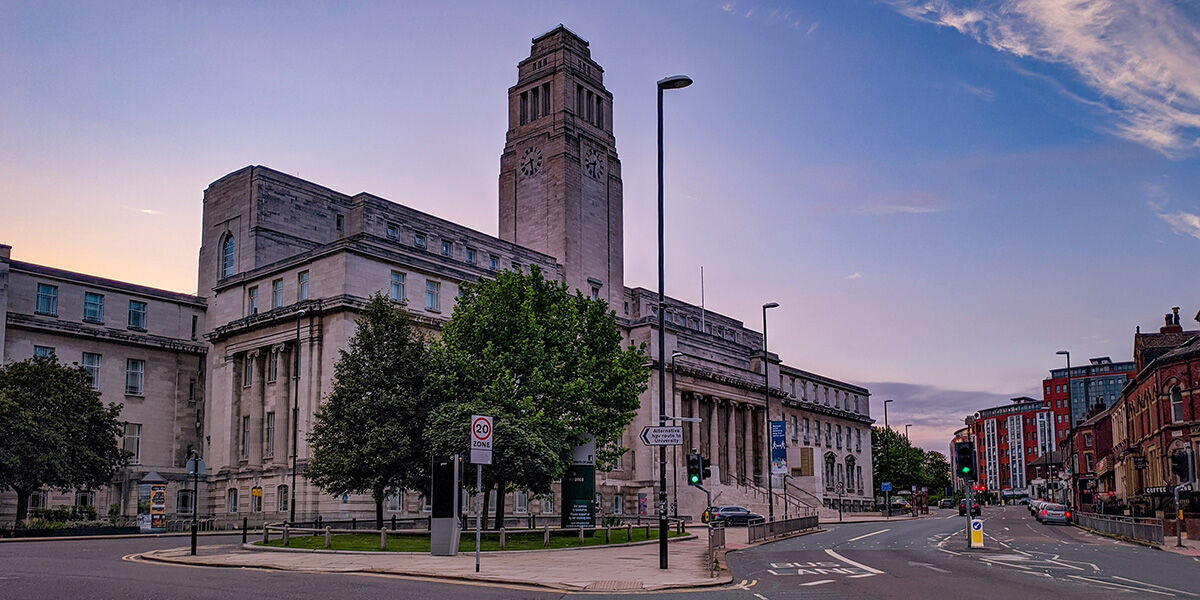Many devastating diseases, such as cancer, are caused by just a few atoms being out of place inside your cells. Biochemistry aims to understand how living things work at the atomic level. This knowledge drives the most exciting developments in biomedical research, from the development of new drugs to treat neurodegenerative disorders to cancer therapies and coronavirus vaccines.
How are genes encoded in DNA and how do cells use this information to produce proteins? How do proteins fold into 3D structures? How does protein misfolding cause devastating diseases like Alzheimer’s? How do mutations cause inherited disorders and cancer? How do viruses infect and replicate inside cells? On this course, taught by leading research experts, you will explore these questions and many others. You will understand the molecular basis of health and disease and how biochemists lead the way in therapeutic development.
Biochemistry is an interdisciplinary subject at the boundary between biology and the physical sciences. As such, you will gain a unique knowledge base and skill set from your Biochemistry degree. This will make you highly sought after by a wide range of top employers, both within the biological/biomedical research sector and beyond.
The integrated Masters (MBiol) gives you an additional year of specialist training, to study advanced research topics and undertake your own extended research project. You may also choose to apply for our 3 year BSc and transfer to an MBiol up until the end of your second year, subject to suitable academic performance.

